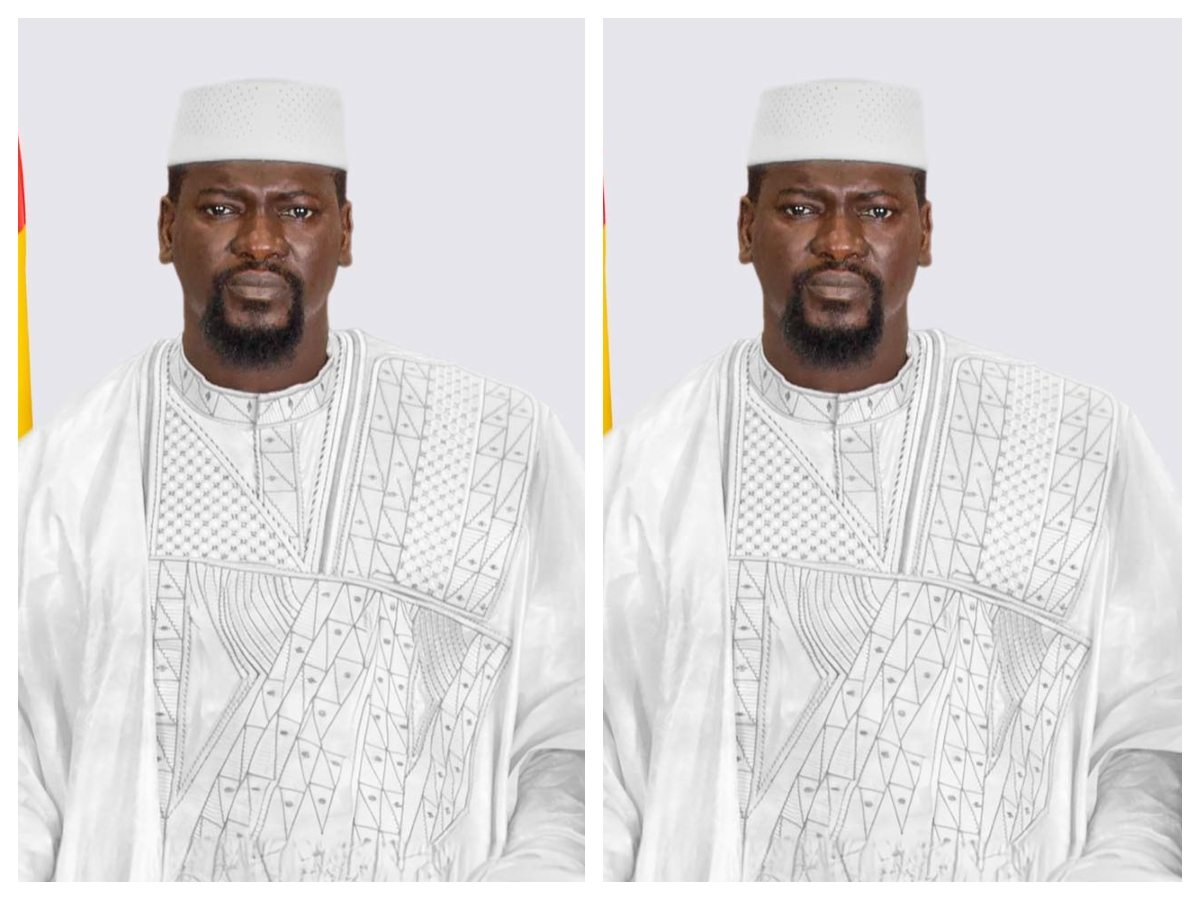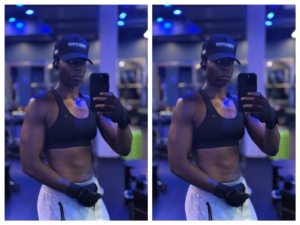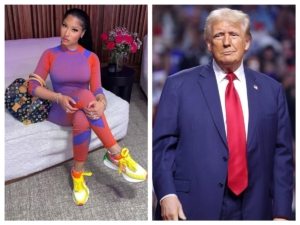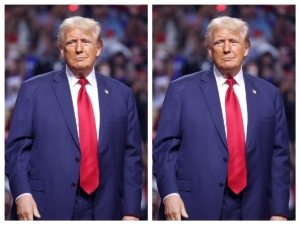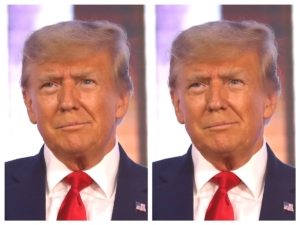Mamady Doumbouya, the army colonel who seized power in Guinea about four years ago, is now seeking to become its civilian president. The transition leader filed his candidacy on Monday for the December 28 presidential election, a vote billed as the final step toward restoring constitutional rule but seen by opponents as a consolidation of military power.
Arriving in an armoured convoy at Guinea’s Supreme Court in Conakry, Doumbouya reportedly submitted his paperwork surrounded by special forces but made no public remarks. Outside, crowds of loyalists who had travelled from across the country turned the moment into a political rally, chanting, “Mamady champion, Mamady president, Mamady already elected!”
When Doumbouya overthrew President Alpha Conde in 2021, he pledged not to run in the election that would follow the transition. But a controversial new constitution, backed by a referendum in September, reshaped the political landscape, striking the previous ban on junta members running for office and imposing new eligibility rules, including a requirement for candidates to be aged 40 to 80 and reside in Guinea.
READ ALSO: What we know about the Guinea coup and the man behind it
Those changes exclude some of Guinea’s most influential political figures, including the 87-year-old Conde, now living abroad, and ex-Prime Minister Cellou Dalein Diallo, 73, who remains in exile after fleeing corruption charges he denies. Other major political names, including former Prime Minister Lansana Kouyate and former Foreign Minister Hadja Makale Camara, have confirmed their entries into the race.
In a statement, the Living Forces of Guinea alliance condemned Doumbouya’s candidacy as “a disastrous turning point in our country’s history” and accused him of violating “the solemn commitments” not to seek power through the ballot box.
Since taking control, Doumbouya has presided over a harsh political environment. Public protests have been outlawed, opposition leaders have been jailed or driven into exile, and several journalists and media outlets have faced arrests or suspensions. Human rights groups have accused the regime of using intimidation and forced disappearances to silence dissent.
Guinea, a nation of 14.5 million people and once a symbol of African independence after breaking away from French colonial rule in 1958, remains rich in natural resources like bauxite and untapped iron ore. Yet its history has been dominated by coups, military rule, and violent repression, cycles many hoped had ended with the country’s first free presidential election in 2010.
READ ALSO: Trump signals possible Pentagon move against Nigeria over alleged Christian persecution

